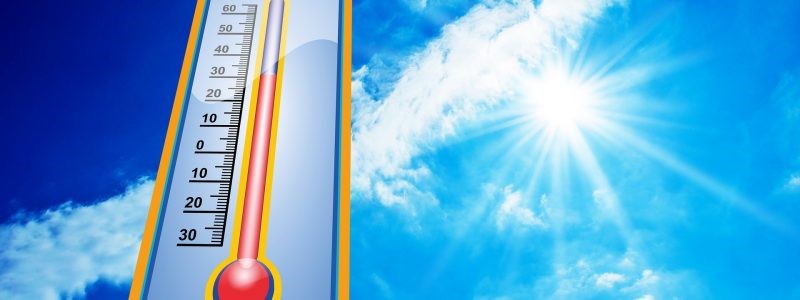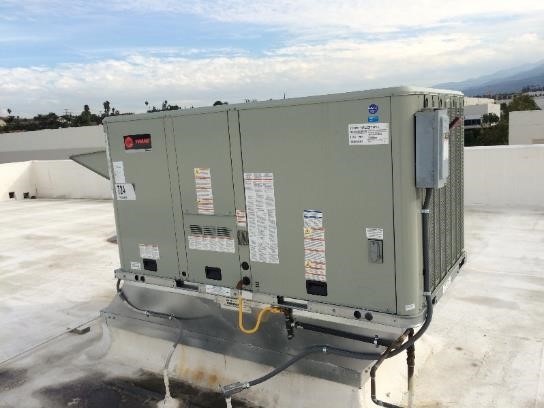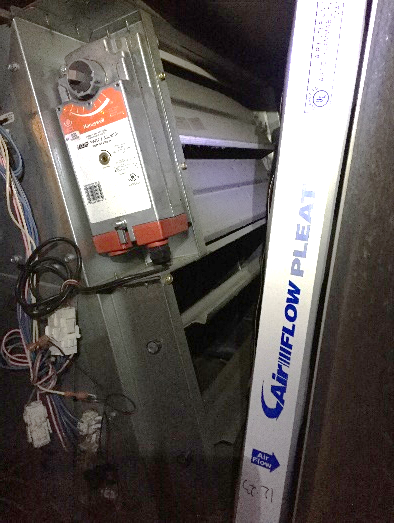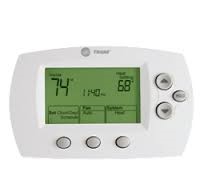
It seems like we rapidly moved from the winter season to summer this year. Just a few weeks ago, Atlanta temperatures were 50-70ºF, while the temperature a couple of days ago climbed to over 90ºF. With such a rapid change from the heating season to the cooling season, this seems like a perfect time to touch on some of the top ways to prepare your HVAC equipment and other systems for the summer.
In order to make sure that your equipment operates at peak efficiency and performance, this is a great time to perform pre-cooling season maintenance and inspections. Following are a few best practices.
1. Inspect Rooftop Units and HVAC Systems
- Clean debris from cabinets; clean evaporator and condenser coils as needed
- Inspect drain pans and condensate drain lines; make sure condensate drains properly. Plugged drains can cause water leaks and affect humidity levels.
- Inspect wiring and controls (contactors, relays, circuit boards, capacitors, etc.)
- Check fan motors and blades and compressors for wear/damage
- Check belt tension and adjust if necessary
- Inspect for proper refrigerant level
- Make sure to change air filters on regular basis
2. Check Operation of Outside Air Economizers
- Outside air economizers allow up to 100% outdoor air to be used for “free cooling” when conditions are favorable
- Make sure economizer set points are correct and not overridden from heating season
- Test outside air dampers/actuators for proper operation and repair if necessary
- Inspect air-handling system outside air dampers for proper minimum ventilation air
3. Optimize Controls
- Make sure HVAC schedules and set points are appropriate for cooling season

- Optimize space temperature set pointsHigher in cooling season
- Set temperatures higher (set back) when spaces are unoccupied
- Reduce simultaneous heating and cooling
- Make sure overrides from winter season are removed and lock-out controls for heating equipment are in place
4. Don’t Forget About Water
- Since water usage also typically increases during the summer season, check irrigation systems for leaks and other iss
 ues including:
ues including:
- Broken heads
- Overspray onto sidewalks, etc.
- Lateral line leaks
- Improperly set controllers (i.e. – running too long or during a rain event)
- Inspect cooling towers
- Inspect floats and overflow for proper operation
- Make sure blow-down valve operates properly
- Inspect cooling tower chemistry to maximize the cycles of concentration
- Check tower fill, spray nozzles, and basin
So, before it gets too far into the cooling season, try to give some time going through the items above. Regular HVAC preventative maintenance and inspections can help ensure trouble-free operation and optimize performance of equipment during the cooling season. You never know what you might find!